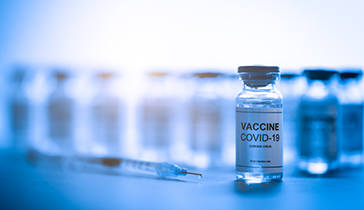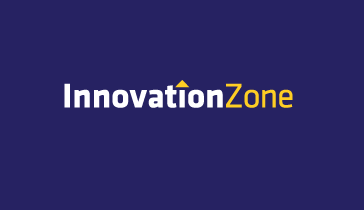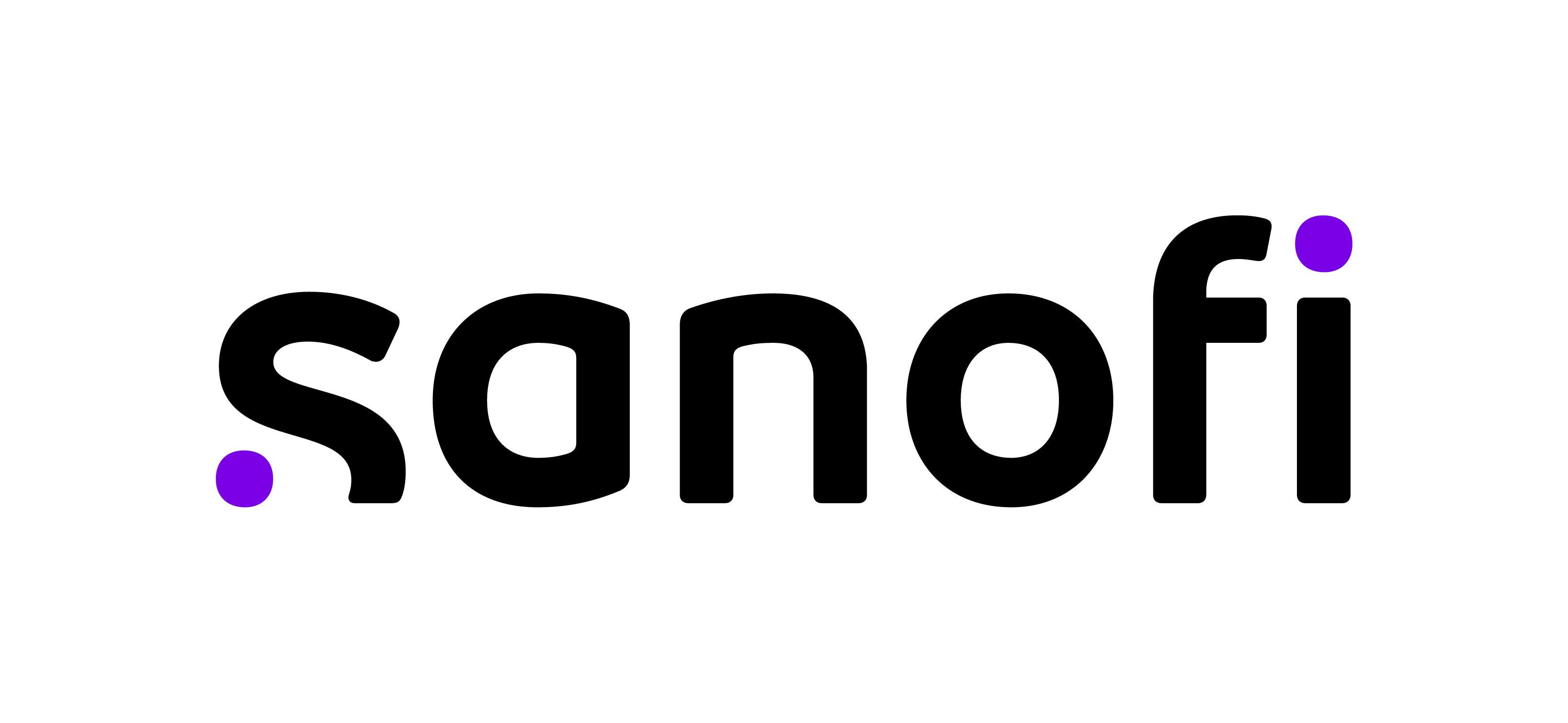In a rare show of bipartisan agreement, Congress recently passed and yesterday President Trump signed into law legislation that will ensure the country is ready and able to respond quickly to national health security threats.
As an Ebola outbreak rages on in the Democratic Republic of Congo and the U.S. heads into the 2019 hurricane season, this new law - the Pandemic and All-Hazards Preparedness and Advancing Innovation Act - will help the U.S. Department of Health and Human Services (HHS) better prepare for these and other risks, such as an influenza pandemic or deliberate attack using chemical or biological weapons.
However, Congress must now ensure adequate funding, so the country has the resources to respond quickly, and the Administration must to act with urgency to implement these new authorities.
This is the second bipartisan reauthorization of the Pandemic and All-Hazards Preparedness Act – or PAHPA – that was originally enacted over a decade ago in the aftermath of Hurricane Katrina and in the shadow of a potential H5N1 avian influenza pandemic.
The law features three key elements: enhanced programs for health care system readiness, improved vaccine and drug development activities, and a strengthened public health emergency response fund.
Health care system readiness
First, PAHPA strengthens federal grant programs, authorizing over $1 billion annually for health care and public health readiness at the state and local levels. Building on the lessons learned from establishing a regional system to triage and care for Ebola patients during the 2014 outbreak, the law requires HHS to develop guidelines for a new approach to coordinating health care services across multiple hospitals and health care facilities in regions and enhancing medical surge capabilities, such as through better use of volunteers. HHS should ensure robust involvement from leaders in public and private health care facilities to develop and implement these important guidelines.
Drug, vaccine, and diagnostic development
Second, PAHPA focuses on the development and use of life-saving drugs, vaccines, and diagnostics for health security threats. The public expects these medical products to be available when an outbreak occurs, but it takes many years, sufficient funding and strong public-private partnerships to ensure they are available when needed.
To improve product development partnerships, the law creates a medical countermeasures federal coordinating body, simplifies rules for entering into more flexible industry partnerships, and prioritizes products for antibiotic resistant pathogens and pandemic influenza. It also authorizes $7 billion over ten years for the Project BioShield Special Reserve Fund, used to develop and purchase national security medical countermeasures before they are FDA-approved, and additional annual funding for maintaining and deploying the Strategic National Stockpile, which stores critical treatments and vaccines. Congress should fund and HHS should aggressively implement these new authorities to quickly close remaining preparedness gaps.
Public health emergency response fund
Third, to ensure the government can more immediately respond to future emergencies, PAHPA provides clarity for deploying public health emergency response fund resources, authorizing how and when the fund can be used before and after an official public health emergency is declared. However, it does not provide a specific amount of money for the fund. HHS should put in place the process to quickly utilize these funds before the next crisis occurs.
Next steps
Congressional Republicans and Democrats put partisanship aside and worked together to ensure our government can respond to public health emergencies - for the good of the country. Now it is up to appropriators in Congress to adequately fund these critical health security programs, and to the Administration to carry the ball over the finish line so the United States can save more lives in the event of an outbreak or attack.
Jennifer B. Alton, M.P.P. is a Center Affiliate with the Georgetown Center for Global Health Science and Security, and President of Pathway Policy Group.
Jenn.alton@pathwaypolicy.com
More From This Author
Insights





.jpeg?itok=ByJuBfy-)














.png)


